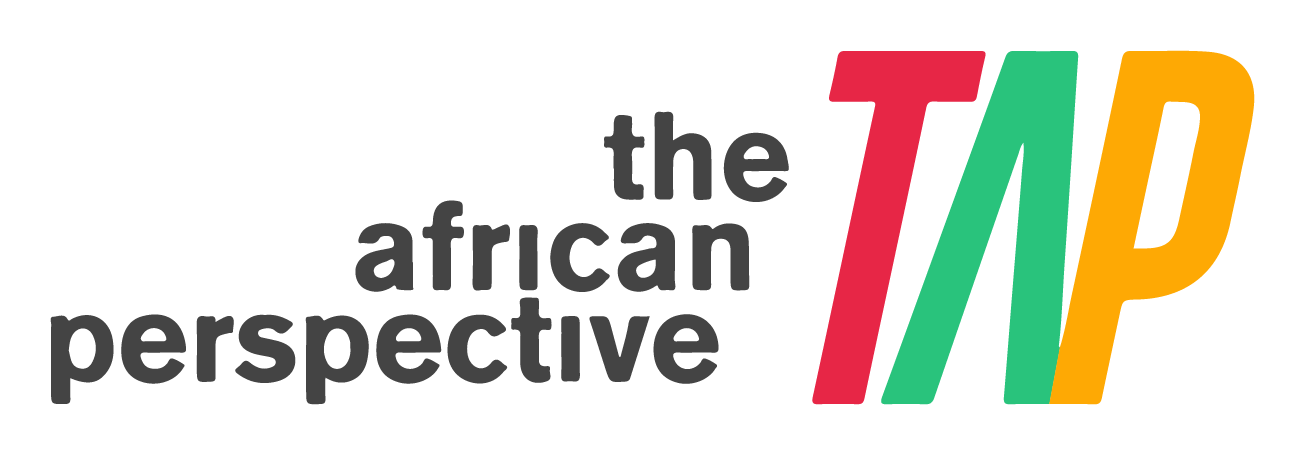Education and E-learning in Africa
Remember when you were in school and would literally count the days till the next holiday? For some of you that may be a statement filled with nostalgia since you have been out of school for a bit. For current learners across Africa, Covid-19 gave them a sense of permanent holiday that many can't wait to get out of. In Kenya, the Ministry of Education has suggested that kids should repeat their current year to the disappointment of many who just want to be done with this phase of their lives.
The pandemic has also affected the lives of all involved in education: teachers have seen their roles being transferred to parents while some have had to find other means of earning a living, parents have had to double-up their professions as children learn from home and students feel the ever-growing strain of having to turn their home environment into a learning one.
Whichever way you look at it, learning has been changed forever and this pandemic may just be urging us to embrace Technology in Education sooner than many were prepared for. Hence, Is Africa ready to transition into Education Technologies (Ed Tech)? To answer this and other pressing issues relating to education in the time of Covid-19, we spoke to Nathalie Munyampenda: CEO of Kepler and former Managing Director of Next Einstein Forum (NEF).
Nathalie Munyampenda: CEO of Kepler and former Managing Director of Next Einstein Forum (NEF)
What is the state of African education in relation to Covid-19?
Currently, we have 297 million learners that are out of school on the continent due to Covid-19. Of those, only 19 million are using E-learning platforms. This is not necessarily Ed Tech in the sense that you are able to assess that students are learning, it's more of an access to YouTube or TV. Such as what we've seen in Rwanda where MTN and Airtel have basically zero-rated access to learning platforms. Out of the 19 million learners that are using these platforms, only 2 million of those have access to Ed Tech. That's a very low number.
What is considered Ed Tech?
Educational Technologies refers to the application of technology in both a learning and teaching environment. This includes both hardware and software components like: mobile technologies, cloud computing, artificial Intelligence (A.I), virtual augmented reality and social networking to basically improve learning and teaching outcomes (source: Next Einstein Forum).
What is the state of Ed Tech in Africa before Covid-19?
Prior to Covid-19, just to give you an idea, the Ed Tech sector was expected to grow to about 351 billion dollars (USD) by the year 2025. In Africa though, we do not yet know how much it will grow because there are still basic infrastructure issues but the opportunity is there.
Specifically, what are the challenges of E-learning, especially during the pandemic period?
Power. In Africa, especially in rural areas, many don't have access to continuous power supply. Some places don't have any power supply whatsoever. In fact, only 40% of people on the continent have access to electricity. This is a big challenge when it comes to online learning since the devices used for E-learning need power for them to operate.
Access to Devices. For E-learning to happen, electronic devices (like smartphones, laptops, and computers) need to be readily available to both learners and their teachers. Many children don't have access to these devices and those who do were fortunate enough to have them before the pandemic hit. This is an equity issue. The devices needed are relatively expensive and most people outside cities (and from low-income families) cannot afford them. There needs to be a whole of society discussion including development partners on how we tackle this challenge in Africa. At Kepler, we already have an accessible, blended model that provided students laptops and so we were ready to move fully online once COVID-19 hit but that is not the case for everyone. Access to devices is an opportunity for local industries if governments can properly incentivize the private sector.
Affordability and Internet access. There are different internet price levels across Africa. It might be cheaper to access the internet in Kenya but very expensive in Zimbabwe and South Africa. Internet penetration is only at 39.3% in Africa against a global figure of 62.9%. Relative to income, the cost of the internet is four times higher than in Asia and twice the price in comparison to Latin America.
Digital Literacy. Many teachers and learners, especially in rural areas, don't have sufficient knowledge to use technological devices/software that enhance learning. This makes leveraging E-learning very difficult. So how do you teach when you (as a teacher) don't have access to a computer or internet, or don't have the skills to teach learners? Learning online is not just about "Here's the content. Now Learn." It's about interaction and reinforcement.
Learning Content. There's also the issue of relevant locally curated content that requires time to build. According to a study done on higher educational institutions in the U.S., professors said that it was a lot more work to teach online than to teach in-person since they had to make the content especially interactive so that the students actually absorb what they are learning. So, you can imagine from that perspective that it is a double challenge in Africa (even if you solve infrastructure and device challenges). Before we curate relevant content for various audiences, we need to actually create content.
What can be done to bridge these gaps and to improve e-learning in Africa?
Obviously, education is a public good, not just an economic sector. But if you look at it from the perspective of an economic sector, you need to invest in education technology as you would any other sector. We need to invest in the basic infrastructure required, we need address questions of access, we need to look at teacher training, we need to identify the startups or companies that are creating the technological platforms and content and invest in them, we need to incentivize the private sector to support technology related upskilling etc.
What do you think the continent will have learned from this pandemic with regards to Education?
Education remains the critical sector for Africa's future. The education sector in Africa must reform itself, strengthening investments in teachers, rethinking success particularly as it pertains to standardized testing, focusing on building competencies, rebranding technical education to make it first choice, not last and scaling investments in EdTech and upskilling/realizing. We must be careful not to think that EdTech will solve all our problems. EdTech only enhances learning. We still need the to do the ground work and the pandemic has shown us this urgency.








I believe that the strength of intellect and creativity embodied by the current generation of young Africans has the power to impact the world in profound ways. Likewise, I believe that society’s next great geniuses will be African born and African educated. I know this because I am devoted to giving young Africans the time, space, education, and resources to grow into their vast potential, in the same way that, so many years ago, the humble, brilliant educators in Tanzania created a space for me to thrive. To get to where I am today.